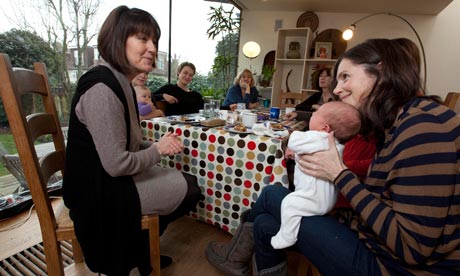Government Grants
Business Grants
Home Owner Programs
Federal Programs
About Us
Drug-Free Communities (DFC) Support Program - NEW (Year 1)
The Drug-Free Communities (DFC) Support Program was created by the Drug-Free Communities Act of 1997 (Public Law 105-20).
The Executive Office of the President, Office of National Drug Control Policy (ONDCP), and the Department of Health and Human Services (HHS), Centers for Disease Control and
Prevention (CDC), National Center for Injury Prevention and Control (NCIPC) are accepting applications for Fiscal Year (FY) 2024 Drug-Free Communities (DFC) Support Program grants.The purpose of the DFC Support Program is to establish and strengthen collaboration to support the efforts of community coalitions working to prevent youth substance use.
By statute, the DFC Support Program has two goals:1) Establish and strengthen collaboration among communities, public and private non-profit agencies, as well as federal, state, local, and tribal governments to support the efforts of community coalitions working to prevent and reduce substance abuse among youth (individuals 18 years of age and younger).2) Reduce substance abuse among youth and, over time, reduce substance abuse among adults by addressing the factors in a community that increase the risk of substance abuse and promoting the factors that minimize the risk of substance abuse.
The Executive Office of the President, Office of National Drug Control Policy (ONDCP), and the Department of Health and Human Services (HHS), Centers for Disease Control and
Prevention (CDC), National Center for Injury Prevention and Control (NCIPC) are accepting applications for Fiscal Year (FY) 2024 Drug-Free Communities (DFC) Support Program grants.The purpose of the DFC Support Program is to establish and strengthen collaboration to support the efforts of community coalitions working to prevent youth substance use.
By statute, the DFC Support Program has two goals:1) Establish and strengthen collaboration among communities, public and private non-profit agencies, as well as federal, state, local, and tribal governments to support the efforts of community coalitions working to prevent and reduce substance abuse among youth (individuals 18 years of age and younger).2) Reduce substance abuse among youth and, over time, reduce substance abuse among adults by addressing the factors in a community that increase the risk of substance abuse and promoting the factors that minimize the risk of substance abuse.
Agency: Department of Health and Human Services
Office: Centers for Disease Control - NCIPC
Estimated Funding: $62,500,000
Office: Centers for Disease Control - NCIPC
Estimated Funding: $62,500,000
Who's Eligible
Obtain Full Opportunity Text:
Community Forest Program website
Additional Information of Eligibility:
Nonprofits having a 501(c)(3) status with the IRS, other than institutions of higher educations.
A DFC legal applicant (an organization applying on behalf of a coalition, the coalition, or the applicant coalition) must reside within the United States and/or the U. S. territories.
Additional Information on Eligibility: Eligible applicants are community-based coalitions addressing youth substance use that have not yet previously received a DFC grant.
Applicants must be a nonprofit (as defined by the IRS as a 501(c) organization); or an entity that the Administrator determines to be appropriate; or part of, or is associated with an established legally recognized domestic, public or private nonprofits organization.
For example, state and local governments, federally recognized tribes, state-recognized tribes, urban Indian organizations (as defined in Pub.
L.
No.
94-437), public or private universities and colleges, professional associations, voluntary organizations, self-help groups, consumer and provider services-oriented constituency groups, community- and faith-based organizations, and tribal organizations.
(Pub.
L.
No.
114-198 Sec 103).For the purposes of this NOFO and the DFC Support Program, a coalition is defined as a community-based formal arrangement for cooperation and collaboration among groups or sectors of a community in which each group retains its identity, but all agree to work together toward a common goal of building a safe, healthy, and drug-free community.
Full Opportunity Web Address:
https://www.fs.usda.gov/managing-land/private-land/community-forest/program
Contact:
Agency Email Description:
dfc_nofo@cdc.gov
Agency Email:
Date Posted:
2024-02-15
Application Due Date:
Archive Date:
2024-05-17
Social Entrepreneurship
Spotlight
Social Enterprise Pushes Continuity of Care and Home Births

The Neighbourhood Midwives, the brainchild of Annie Francis of Hampshire, offers midwifery services geared for the continuity of care to women and their families.

